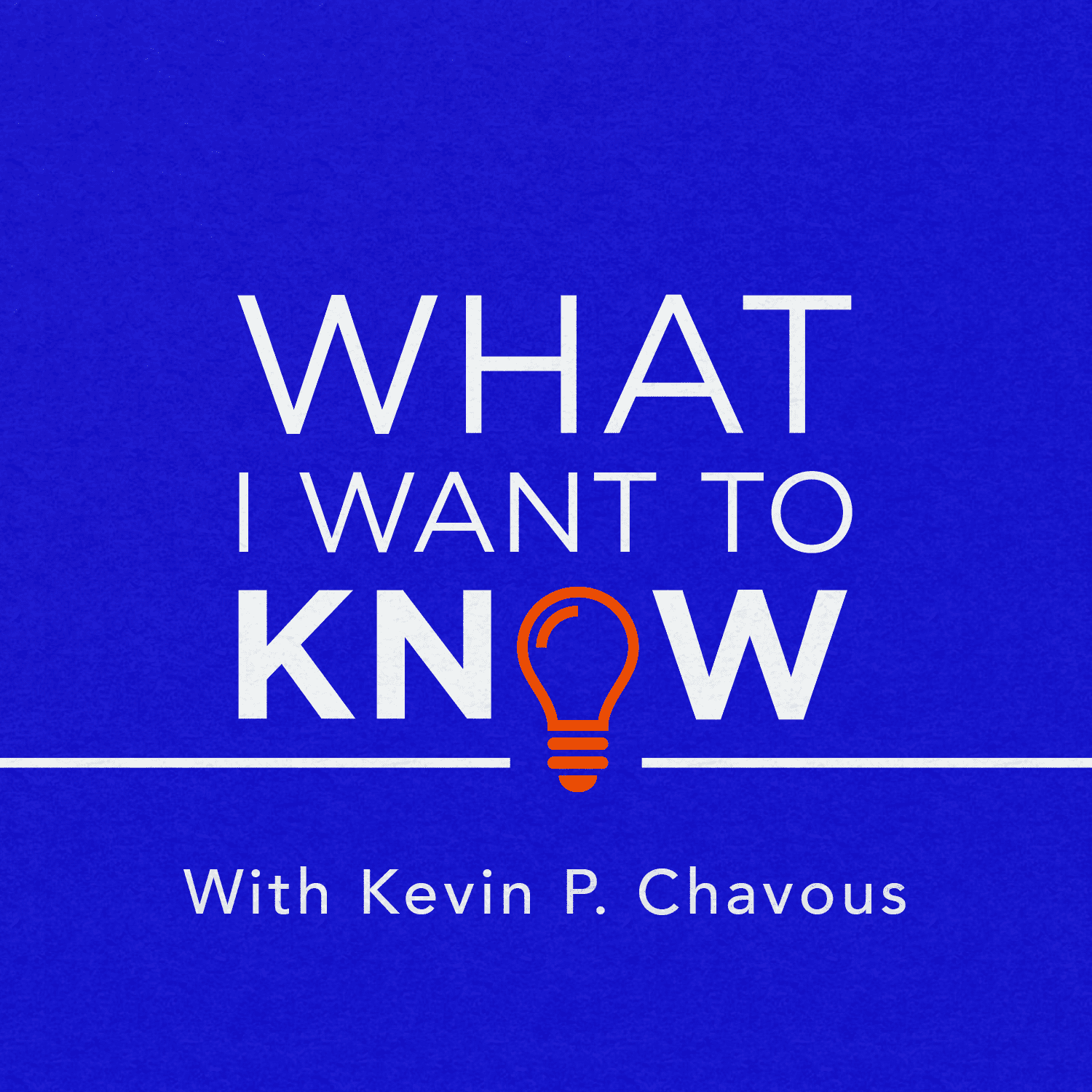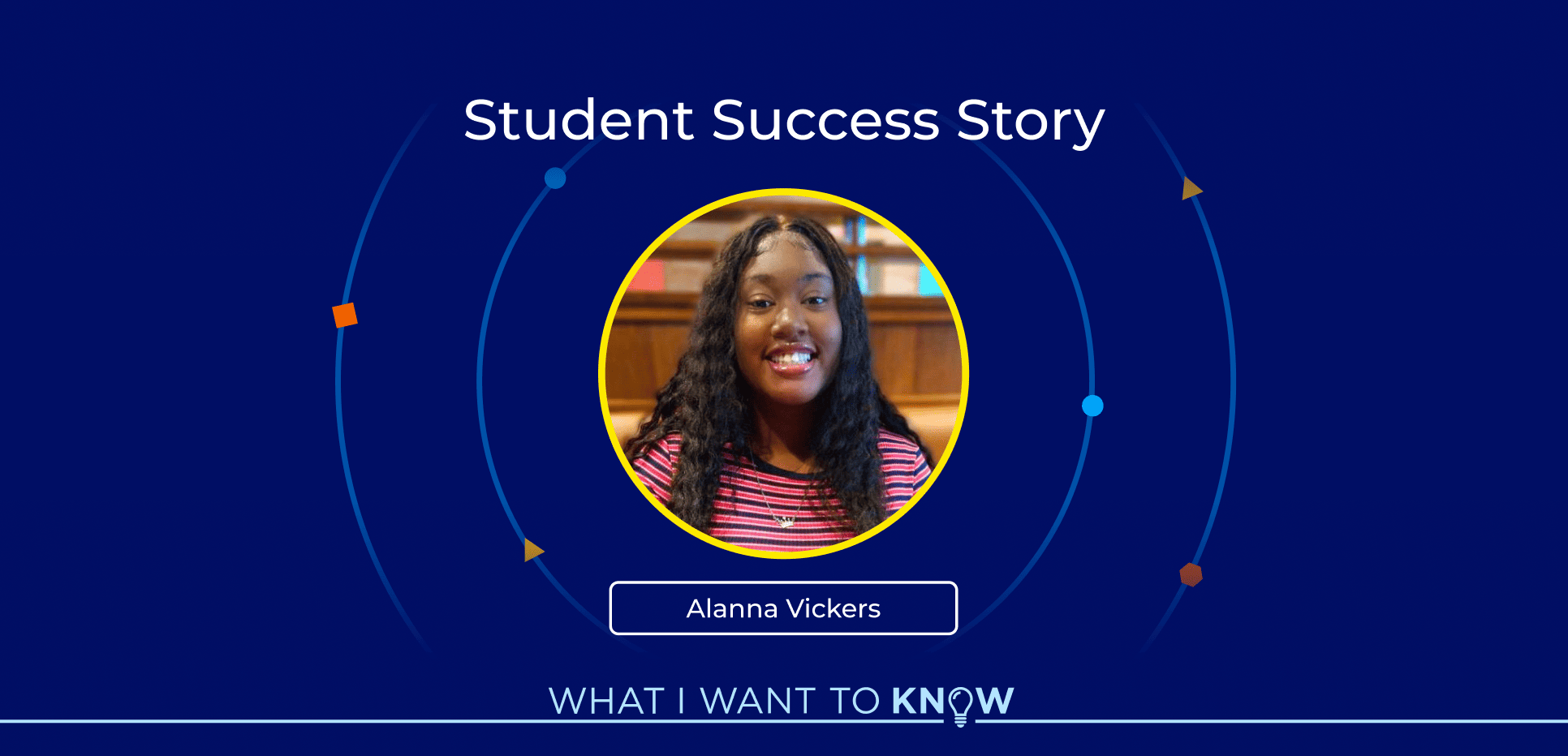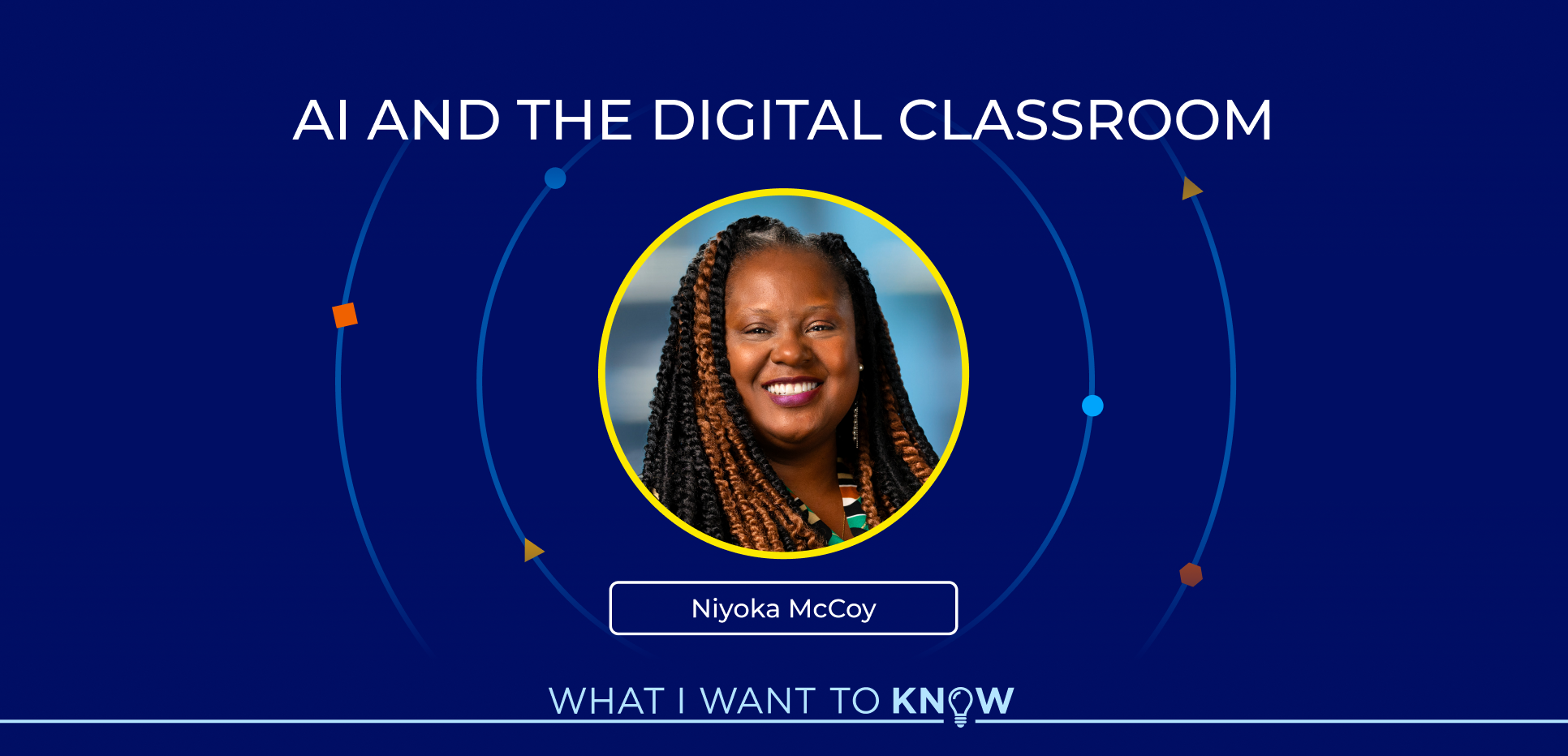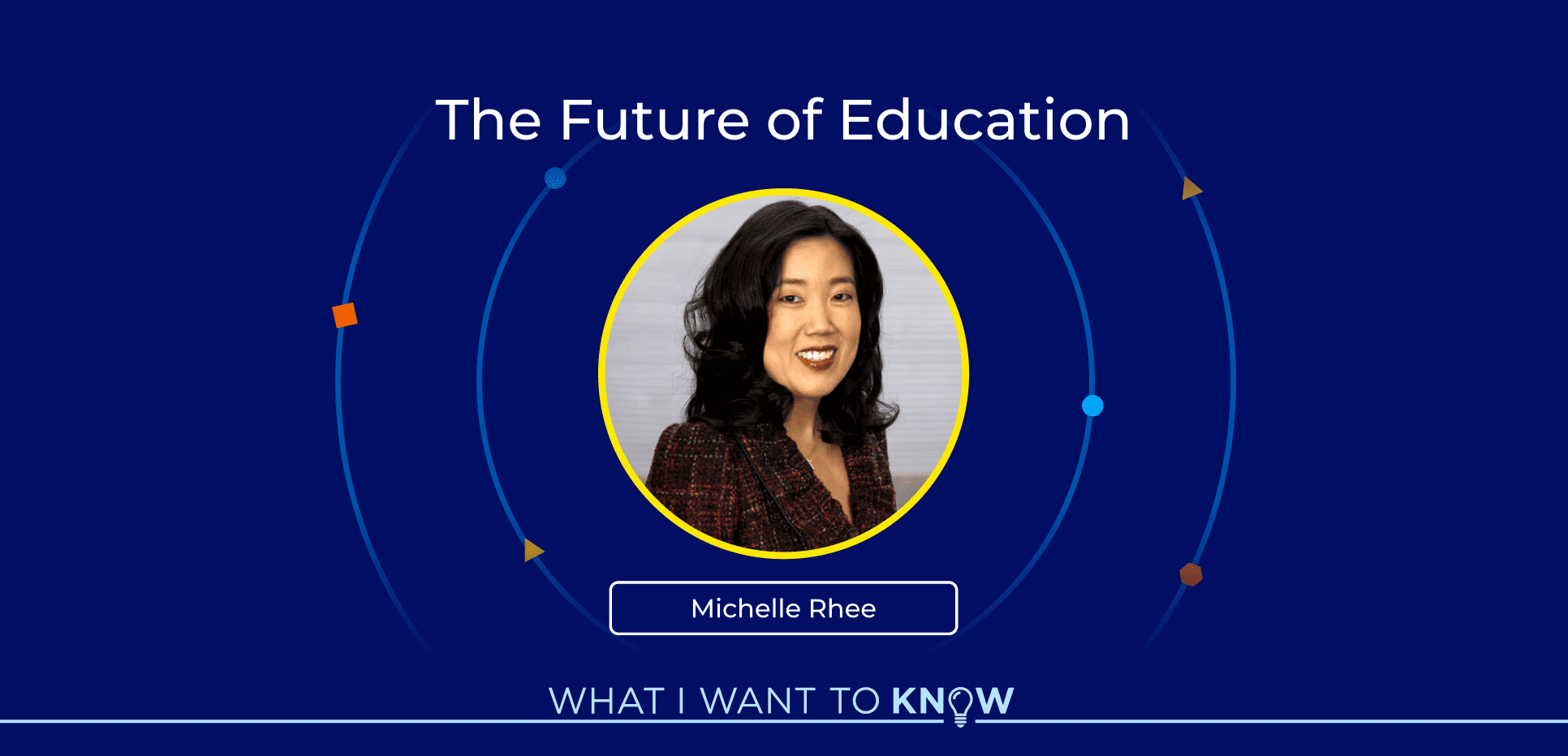This year we’ve seen 28 states consider measures that would restrict education on racism, bias, or the historical contributions of specific ethnic groups. Much of the debate has centered on critical race theory and its place in our schools. But do we really understand the implications? What exactly is critical race theory? How would it change the way students think about our racial and cultural differences? And what is its place in the larger conversation about efforts to strengthen diversity and inclusion in America’s schools?
In this episode, Kevin looks to Rep. Chris Mathias, a member of the Idaho House of Representatives, to explore what critical race theory really is, what it means for students, and how it’s been politicized in recent months.
Listen to the Full Audio
Listen on: Apple Podcast, Spotify
Transcript
Kevin: This year, we’ve seen 28 states consider measures that would restrict education on racism, bias, or the historical contributions of specific ethnic groups. Much of the debate has centered on critical race theory and its place in our schools, but do we really understand the implications? What exactly is critical race theory? How would it change the way students think about our racial and cultural differences? And what is its place in the larger conversation about efforts to strengthen diversity and inclusion in America’s schools? This is “What I Want to Know.”
Kevin: And today, I’m joined by Idaho House of Representatives member Chris Mathias to find out. Chris Mathias is an educator and legal scholar who was elected to the Idaho House of Representatives in 2020. During his time as the only black member of the Idaho House, he’s been a vocal supporter of expanded education and social justice initiatives. Earlier this year, he gained national attention with an impassioned speech seeking to protect Boise State University from budget cuts all aimed at preventing the teaching of critical race theory. He is with us today to explore what critical race theory really is, and what it means for our children, and how it’s been politicized in recent months. Chris, welcome to the show.
Chris: And first of all, Kevin, it’s a pleasure to be here. I love the way you start off your podcast by talking to people who are curious and interested in having a conversation. I don’t always get that. So, I’m happy to be in a venue where we’re gonna do that today.
Kevin: Many people will be surprised about your background and what led you to eventually becoming an elected official in the state of Idaho. You actually had a challenged background. Recount a little bit about your story, particularly as it relates to education.
Chris: So I was born in what you might think, kind of with a deficit of hope. My father was black. My mother was Jewish. They struggled with addiction issues. I never met my father. My mother left when I was three or four years old. And I constantly struggled in the public school system that, you know, I think they did their best. Most of the people did their best, but it just didn’t click. It didn’t work. And I didn’t get out of the situation and the system what I was supposed to get. And so, I trickled, and I floated through my public school education. And so, I knew by the time I got to the end of high school that I was not ready for college, but it was something I had an appetite for, so I enlisted in the United States Coast Guard, which was the best decision I ever made.
And so, then, after I got out in the year 2000, I used my GI Bill to fund my education. But I actually got into administration here in Idaho after working in the President’s office at Boise State. I was recruited to serve as the chief academic officer for the State Board of Education. In Idaho, the State Board of Education is an extremely powerful state education agency. It might be one of the few, I think Rhode Island is maybe the second SEA, in the country that has policy authority and governance authority over K-16 education. So that was when I got into the rough and tumble world of higher ed, and a seat opened up in my legislative district, and I thought, this is something that would fulfill me, and so I decided to give it a go.
Kevin: This idea of doing things that are right, even if they are uncomfortable, and some people disagree about whether it’s right. First of all, talk about critical race theory, your interpretation definition of it, not just as a legislator, but as an education scholar. And then why that’s such a volatile issue, particularly with what you face after you jumped out there and supported it in your state?
Chris: In essence, it is a lens through which to view social structures. I mean, it’s not just the legal profession, the legal field, which is where it started. But I think when you apply the race of lens, you can see how consistent, persistent injustice manifests. Even though any one person might not have the intent to lead to that outcome, the system perpetuates itself. And I think the traditional narratives and histories that we’ve been told don’t provide the full color and the full explanation of why that’s the case, and critical race theory tries to do that.
Kevin: Why does that scare people so much?
Chris: It scares people because it forces us to talk about things that we have been conditioned not to talk about.
Kevin: Now, you were drawn to this issue because there were some budget cuts aimed at Boise State University that planned on implementing critical race theory curriculum or some measure of it, and you spoke out and gave this impassioned speech. And then a firestorm ensued in your state. So, why did you decide to speak out, and what were some of the things that you pointed out? And then let’s talk about the impact.
Chris: Critical race theory, to talk about it by itself is a very difficult thing to do, especially when you’re talking to people who don’t understand it, haven’t read it, you know, haven’t read Guinier, and Bell, and Delgado, and Stefancic. I mean, it’s difficult to have a conversation like we’re having with those people. So I decided to wait until there was a larger context within which I could discuss critical race theory, and that was the higher education budget. In fact, just a few weeks prior, the state of Idaho became one of, I don’t know, a dozen states or so to try to legislate former President Trump’s executive order banning critical race theory and banning divisive concepts, and I purposely did not speak up on that bill because I knew it was going to pass. And I knew that if I was gonna persuade people, I needed to speak one time, and I needed to be very forceful. And so I decided to wait until the higher ed budget.
Kevin: One thing that as we see school board meetings around the country in the K through 12 space, there’s this organized sort of opposition, and the feeling is that people believe they’re under attack if you put that lens on history that recognizes the inequities that were put in place, and it’s led to some interesting results. There are teachers out there who have said, for instance, that they don’t want to even use the word Islam, even if they’re talking about the Islamic Empire or the Ottoman Empire because they don’t believe in Islam.
[inaudible 00:06:14] has been talking about, they don’t want to refer to Dr. Martin Luther King as Reverend Martin Luther King because it would be promoting Christianity. There are countless examples of what some could argue could possibly lead to revisionist history in response to this lens you’re talking about. As a legislator, you see this all the time in different areas, but when we’re talking about curriculum and history, and what happened, and one of the challenges of history is you don’t wanna repeat the bad part, but if you don’t know about the bad part is going to be repeated. How do you wrap your arms around shaping this in a way where it’s just not reactionary, and it leads to some of those examples I just mentioned?
Chris: The first thing is that the conversation is gonna have to continue. You know, right now there’s a firestorm, and there’s big arguments about critical race theory, but I’ll be honest at the end of the day when, you know, the manufactured outrage is over, critical race theory is still gonna exist. It’s still gonna exist in the literature. It’s still gonna exist in history departments. And hopefully, it continues to exist in the training of the next generation of teachers. Because in the classroom, teacher’s ability to deliver curriculum and instruction, but do it in a way that is culturally relevant and pedagogically sound is going to be key so that our children and the next generation are equipped to avoid some of the shortcomings of us and the adults. The second thing I would say is that there’s a lot of similarities between the outrage over critical race theory and the outrage over the Common Core State Standards from a decade ago.
It seems to me that the loudest people, the people who are the most outraged about this, are the least informed and the same seemed to have been true about the Common Core State Standards. I saw a tweet or some sort of statement from U.S. Senator Josh Hawley about a month ago, and in it, he said, “Critical race theory is divisive. It’s dividing the country, and students should have to read the Declaration of Independence and the U.S. Constitution.” Well, those of us in education know that the Common Core State Standards doesn’t require students to read a whole lot. It doesn’t mandate at least, but the U.S. Constitution, the Declaration of Independence are among the few required documents. So, there’s a lot of parallels here. So I think that to avoid the pitfalls that we’re starting to see, we’re really gonna need to be willing, and leaders are gonna have to be willing to force uncomfortable conversations on the public and do it in a way where we don’t yell at school board members as much, and where we don’t devolve so quickly into name-calling, which is really just a precursor to bullying.
Kevin: Yeah. Well, and the thing is, though when you do stand out and step up as you did, you put yourself out there, and a lot of elected officials don’t want to be subject to the hate campaigns and the volatility that follows. One critic said that “You are a stain.” And that, “You teach your kids what you want, but leave my kids alone.” You faced a lot of those kind of remarks. So, how can you still encourage other leaders to step out there knowing that those personal attacks will increase?
Chris: I read this great book last year called “Dark Horse.” I don’t remember who the authors were, but one of the stories in the book is about the musician Prince. May he rest in peace. His former in-house sound engineer, she was a woman who never went to college. I think she left an abusive husband, and she was kind of the fulcrum of the story. The point of the book is the people who changed the world. The people who changed their sliver of the world do it because they have found a job that is fulfilling. And I don’t mean just a source of income. I mean, they have found something that they commit themselves to that fulfills them and allows them to tap into their passion, allows them to drive and persist through these headaches and being yelled at and being called a stain.
And so when I tell people that have this impulse to lead or get involved in their communities, I tell them, you know, “Make sure you feel this.” There’s a great book that politicians talk about a lot called “Run for Something,” and I would put a caveat on that. And I tell people, you know, “It is important to get engaged and involved and run for something, but don’t run for anything. Run for something that is going to fulfill you,” you know?
People ask me why I didn’t run for the city council or something like that first. And I always say, you know, “The thought of negotiating municipal waste contracts, that doesn’t pull on my heartstrings. And that’s not gonna get me out of bed every day and really pound the payment.” So I tell people, “Run for something and get involved in positions that are gonna fulfill you, and the work is gonna drive you because that’s what’s gonna get you through being attacked and having, you know, people hurl names at you.”
Kevin: And to me, when you find that thing that drives you to those kinds of simple yet profound questions and answers, it makes it easier. The challenge in today’s political world is that I think a lot of folks are still sticking their finger up in the air, seeing where the wind’s blowing, and they’re a little flexible. These kinds of issues, I think, require leadership that is principled and based on some passion that is grounded in commitment. You talked about the larger issue of diversity, equity, and inclusion. As you said, this is really what we’re talking about. And where do you see diversity, equity, and inclusion, how do you see it playing out in the midst of all this incredibly controversial political rancor?
Chris: It’s gonna persist, and we’re gonna continue to push in that direction because we don’t have a choice. The political DNA of the United States of America is one where those of us who are adherent to our history and our Constitution, our Declaration of Independence know that when the founders stood up and said that all men are created equal, that, you know, there was a wink involved. They didn’t mean it. They knew what they were saying wasn’t true. But the fact that we have, you know, baked that into our founding documents means that we’ve been green-lighted to go ahead and pursue that goal. We have to pursue this place where America, the idea, and the gap between it, and American reality has to continue to be closed. And I don’t think there’s anything that can stop that.
Kevin: You’re the lone African-American member of the Idaho House of Representatives. You’ve made this impassioned speech regarding critical race theory, but you also continue that by having one-on-one dialogue with your colleagues. I am a firm believer that we have more in common than we have that is different, and those interactions, those personal communications, are so important. Has that been valuable during this process?
Chris: Undeniable. I mean, I didn’t know much before I came into the legislature, but I knew that talking to people privately and quietly as much as possible was gonna provide a solid foundation that would allow me to speak up and take positions on controversial stands and potentially cause discomfort to some people. But you’re absolutely right. It’s amazing how many times I would sit with someone quietly who really didn’t know me, and they would be surprised, for example, to find out that, you know, I raised sheep in high school because, you know, Ag is big in Idaho, and, you know, people didn’t know that. And those types of bonds, they exist everywhere between people that we know, people that we don’t know, people that we don’t know that well.
Kevin: That makes a big difference. And this is what I really wanna know, can we find some political, common ground on the issues of diversity, equity, and inclusion in our schools?
Chris: We have to. And the reason that I think we will is because every day, an increasing number of Americans come to the realization that the system and all of its underlying components is biased towards the poor, towards those of us of color. There’s no evidence that I’m not as smart as my white colleagues, but I graduated at the bottom of my high school class because the system didn’t work for me, and I had to struggle and figure out ways to create opportunities for myself. Same goes for the criminal justice system.
People of color aren’t predisposed to criminality, it’s that the system has prejudice and bias built into it. And I think the more the world closes in and the smaller the spaces get because of the internet, because of technology, the more we come into communication and engagement with people that live different lives than us, I think we’ll realize we have a lot more in common. We all want the same for our kids. We all wanna live in safe, prosperous communities. And that awakening for a lot of people is maybe the system isn’t as fair as I thought it was. And there’s gonna be this natural inclination to try to wanna make it more fair.
Kevin: Representative Chris Mathias, keep doing the work you do. I appreciate you being on “What I Want to Know.”
Chris: Thanks, Kevin. I appreciate it. And thanks for having me.
Kevin: Thanks for joining “What I Want to Know.” Be sure to follow and subscribe to the show on Apple Podcast, Spotify, or your favorite podcast app. And don’t forget to write a review too. Explore other episodes and dive into our discussions on the future of education. I also encourage you to join the conversation and let me know what you want to know using #wiwtk on social media. That’s #wiwtk on social media. For more information on Stride, visit stridelearning.com. I’m your host, Kevin P. Chavous. Thank you for joining “What I Want to Know.”
Meet Chris
Rep. Chris Mathias is an educator and legal scholar who was elected to the Idaho House of Representatives in 2020. During his time as the only Black member of the Idaho House, he’s been a vocal supporter of expanded education and social justice initiatives. Earlier this year, he gained national attention with an impassioned speech seeking to protect Boise State University from budget cuts all aimed at preventing the teaching of critical race theory.







